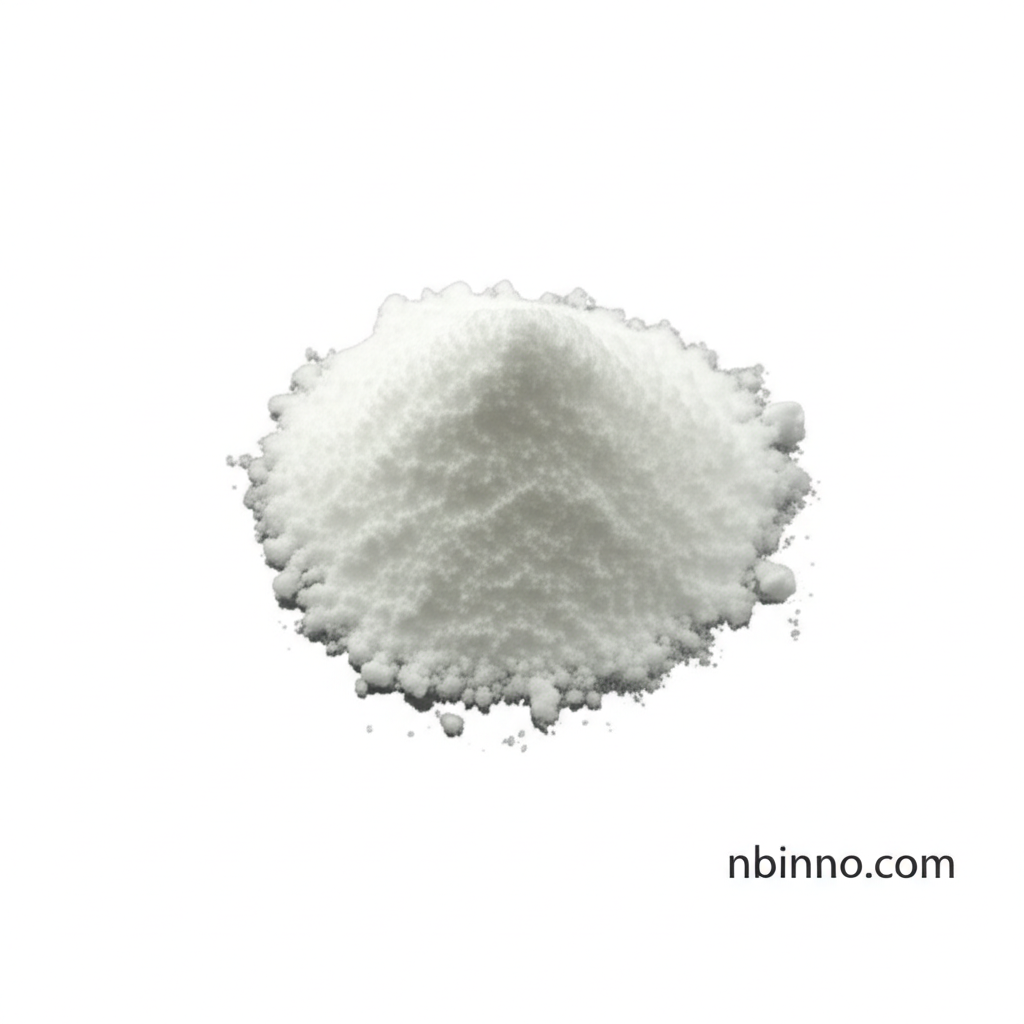N-(4-Hydroxyphenyl)acrylamide: Synthesis, Properties, and Corrosion Inhibition Applications
Discover the chemical properties and industrial applications of N-(4-hydroxyphenyl)acrylamide, a key intermediate for organic synthesis and a potent corrosion inhibitor. Learn about its synthesis, performance in acidic environments, and how it can be sourced from reliable manufacturers.
Get a Quote & SampleHigh-Performance Chemical Intermediate for Advanced Applications

N-(4-hydroxyphenyl)acrylamide
As a leading chemical manufacturer and supplier, we offer high-purity N-(4-hydroxyphenyl)acrylamide, a versatile organic compound crucial for various synthesis pathways. Its unique structure makes it ideal for developing advanced materials and specialized chemicals, providing superior performance and reliability for your R&D and production needs. Explore how our stable supply and quality assurance as a China-based manufacturer can benefit your procurement.
- Exceptional Purity for Organic Synthesis: Our N-(4-hydroxyphenyl)acrylamide, typically exceeding 98% assay, ensures reliable results in complex synthesis projects.
- Effective Corrosion Inhibition Properties: Widely researched for its ability to protect carbon steel in aggressive environments like hydrochloric acid, demonstrating significant efficiency at low concentrations.
- Versatile Building Block: Its reactive functional groups allow for diverse chemical transformations, making it an invaluable intermediate for pharmaceuticals, agrochemicals, and specialty polymers.
- Reliable Supplier & Manufacturer in China: Benefit from consistent quality, competitive pricing, and dependable supply chain management when you buy N-(4-hydroxyphenyl)acrylamide from us.
Key Advantages of Sourcing N-(4-hydroxyphenyl)acrylamide
Enhanced Corrosion Protection
N-(4-hydroxyphenyl)acrylamide provides robust protection for carbon steel in acidic media by forming a stable adsorbed layer, significantly reducing corrosion rates and extending equipment lifespan. This makes it a critical component for industries operating in corrosive environments.
Streamlined Organic Synthesis
Utilize N-(4-hydroxyphenyl)acrylamide as a key intermediate in your organic synthesis processes. Its well-defined reactivity supports efficient reaction pathways for creating complex molecules. Inquire about bulk purchase options and competitive pricing for manufacturing needs.
Advanced Research and Development
Researchers exploring novel materials and chemical functionalities will find N-(4-hydroxyphenyl)acrylamide to be a highly valuable compound. Its reported biological activities, such as antioxidant and anti-inflammatory properties, open avenues for pharmaceutical research.
Diverse Applications Across Industries
Industrial Corrosion Prevention
As a reliable corrosion inhibitor, N-(4-hydroxyphenyl)acrylamide is vital for protecting metal infrastructure in sectors like oil and gas, chemical processing, and manufacturing, especially in environments exposed to acids.
Pharmaceutical Synthesis
Serve as a critical building block in the synthesis of various pharmaceutical compounds, leveraging its unique chemical structure to create novel drug candidates and active pharmaceutical ingredients (APIs).
Material Science Innovation
Explore its use in developing advanced materials, such as hydrogels for drug delivery systems or functional polymers, by integrating its properties into material design for enhanced performance.
Agrochemical Intermediates
Its applicability extends to the agrochemical sector, serving as an intermediate in the synthesis of crop protection agents, contributing to agricultural advancements and yields.
